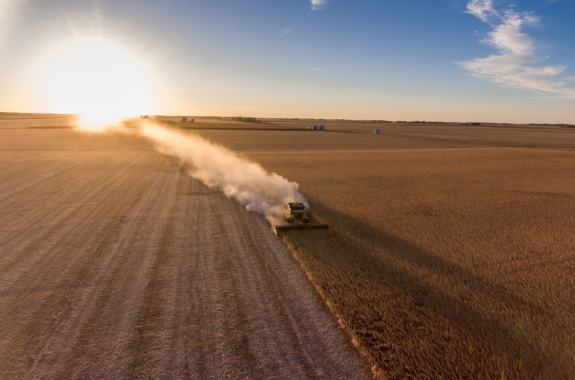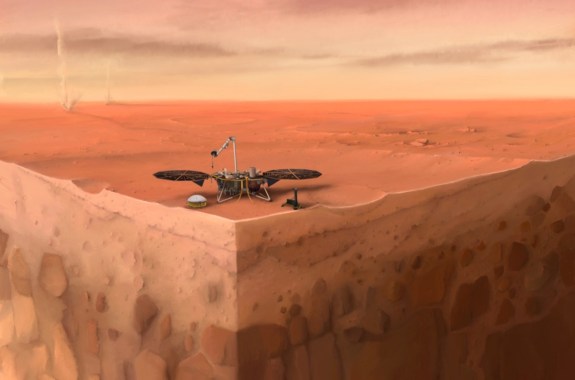Katie Feather is a former producer for Science Friday and the proud mother of two cats, Charleigh and Sadie.
Katie previously worked as a reporter and producer for KBIA, WHYY, WNYC and The New York Times and has a degree in science journalism from NYU. Her work reporting on events in Ferguson, Missouri, in 2014 won a National Murrow Award for small-market feature reporting.
A native of the New York metro area, Katie currently calls New Jersey home (and feels guilty about it). She hopes to one day live near the beach.
11:55
A Mysterious Gas Is Discovered In The Milky Way
The discovery of a strange gas raises questions about the activity in the center of the Milky Way Galaxy.
17:14
How Your Indoor Air Ventilation Affects Coronavirus Spread
A mechanical engineering professor explains how to lower your risk of infection inside.
17:15
An Argument For The Benefits Of Not Bathing
We’ve all been treating personal hygiene differently during quarantine. Writer James Hamblin discusses breaking the rules around cleanliness.
16:59
Fact Check My Feed: Which COVID-19 Treatments Are Backed By Science?
Virologist Angela Rasmussen returns to explain the studies behind the stories on your news feed.
12:26
A New World, Shaped By COVID-19
A roundup of the COVID-19 stories that will define the “new normal,” including tracking spread through smartphone location data and ventilator triage.
16:57
Fact-Checking Your Coronavirus News Feed
Experiencing COVID-19 information overload? Two experts offer clarity on the studies taking over news headlines this week.
29:33
How Will We Respond To The Latest Farm Crisis?
In the 1980s, farmers were pushed to the brink of suicide. Today, it might be worse.
3:46
What You Don’t Know About Well Water Could Hurt You
Residents in Kansas who use private wells face uncertainty about what’s in their water.
12:05
Could A “Marsquake” Knock Down Your House?
What studying seismic activity on mars tells us about the red planet.
33:56
How The World Of Building Materials Is Responding To Climate Change
‘Mass timber’ receives praise for its carbon sink potential, while concrete and steel reinvent themselves to curb emissions.









